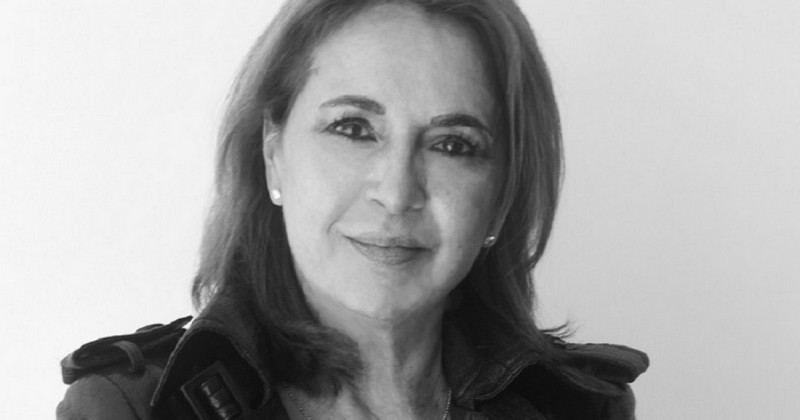María Quevedo: addiction treatment in the pandemic crisis

We interviewed María Quevedo, member of the therapeutic care center Fundación Recal.
Addictive disorders are among the most dangerous and harmful pathologies, since their effects extend to all areas of the person's life, and even affect the social circle close to the person who has developed dependence.
This kind of health alterations makes the person focus more and more on the need to perform only one type of behavior, the one oriented to satisfy the addiction. This is why the context of the coronavirus pandemic can greatly alter both the mood and behavioral patterns of those who have fallen into the addictive dynamic.
To better understand this interaction between addiction and the pandemic crisis, we interviewed Maria Quevedo, we interviewed Maria Quevedo, a member of Fundación Recal, a member of Fundación Recal..
Interview with María Quevedo: addiction therapy in times of coronavirus.
María Quevedo de la Peña is a health psychologist and Treatment Director of Fundación Recal, an entity specialized in the treatment of addictions and which has facilities in Majadahonda, Madrid and Pozuelo de Alarcón. She has more than 20 years of experience in the field of care for people with addictions, and in this interview she gives us some of the keys to understanding the detoxification process and relapse prevention in the context of the coronavirus crisis.
How has Fundación Recal adapted to this new scenario of the coronavirus crisis? Are all the therapeutic support programs for new patients available again?
We have made a great effort to be able to continue providing treatment to both patients and their families. To this end, we have "armored" Recal, preventing the virus from entering here, we have taken all the necessary sanitary measures and it has not been possible for patients to leave or for their relatives to enter.
We have all made a great effort and today we can say that we are proud of the result obtained, because at no time has the treatment been interrupted.
Since a few days ago we have opened the possibility of new admissions, always asking for the necessary tests and measures to ensure that the new people are free of COVID- 19.
From the point of view of people who already had addictive disorders before the beginning of the year, what does it mean to spend some time in a confinement situation?
The consequences of confinement have been somewhat surprising, as some people have stopped using when they have been removed from their usual environment without needing any other type of help, while others have increased their use of their substance/behavior of choice.
What the confinement has done is to make evident in their family environments the existence of a problem, since the consumption that took place in the street or with friends and was diluted in the sight of family members, has become clearly visible in confinement.
Assuming that these weeks of confinement are going to trigger a lasting economic crisis, and that job insecurity and poverty expose more to certain disorders, does this mean that the number of people with addictions in Spain will probably increase?
Possibly, yes. The competent bodies should make a great effort in prevention at the present time and try to offer quality treatment to those who need it. From Recal we will do our bit to offer both.
Does the fact that we have been forced to stay at home make some people more likely to develop addictions? And if so, can leaving confinement help many of these incipient addictions to disappear without the need to seek professional help, just by changing habits?
In addiction there are three phases: use, abuse and dependence. If what occurs during confinement is abuse, it could disappear spontaneously, that is, as you say, simply by changing habits.
But if what develops is an addiction, we are talking about something much more serious that does not disappear just by changing behavior or habits, but persists beyond them and in many cases requires another type of intervention, and sometimes another type of professional.
What does an organization like Fundación Recal do to help people with a history of drug use not to relapse due to the discomfort generated by these turbulent times?
We maintain our groups and also some groups that we call post-treatment, in which we continue to provide support and follow-up to our patients. We have conducted these groups in person when possible and electronically when not, maintaining their motivation to remain abstinent by offering them the same tools as always.
If a second wave of contagion occurs again and it is necessary to return to confinement, what should families living with a person with addiction problems take into account?
For the family this situation is very complicated, they should know how to set limits if necessary and ask for professional help in cases that require it.
They should pay special attention to control behaviors and their tendency to try to solve the problems and consequences that consumption has had on their family member.
(Updated at Apr 12 / 2024)